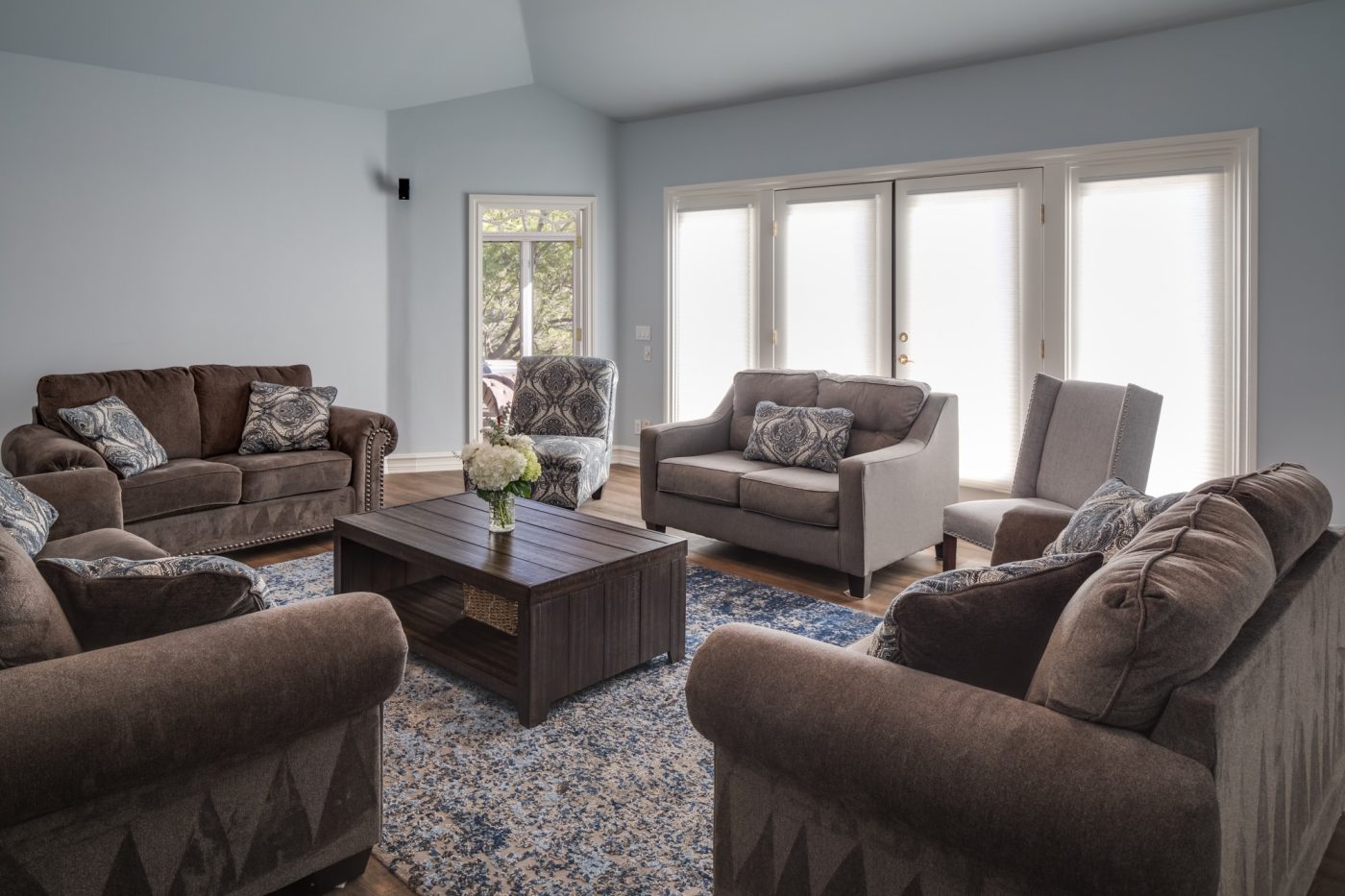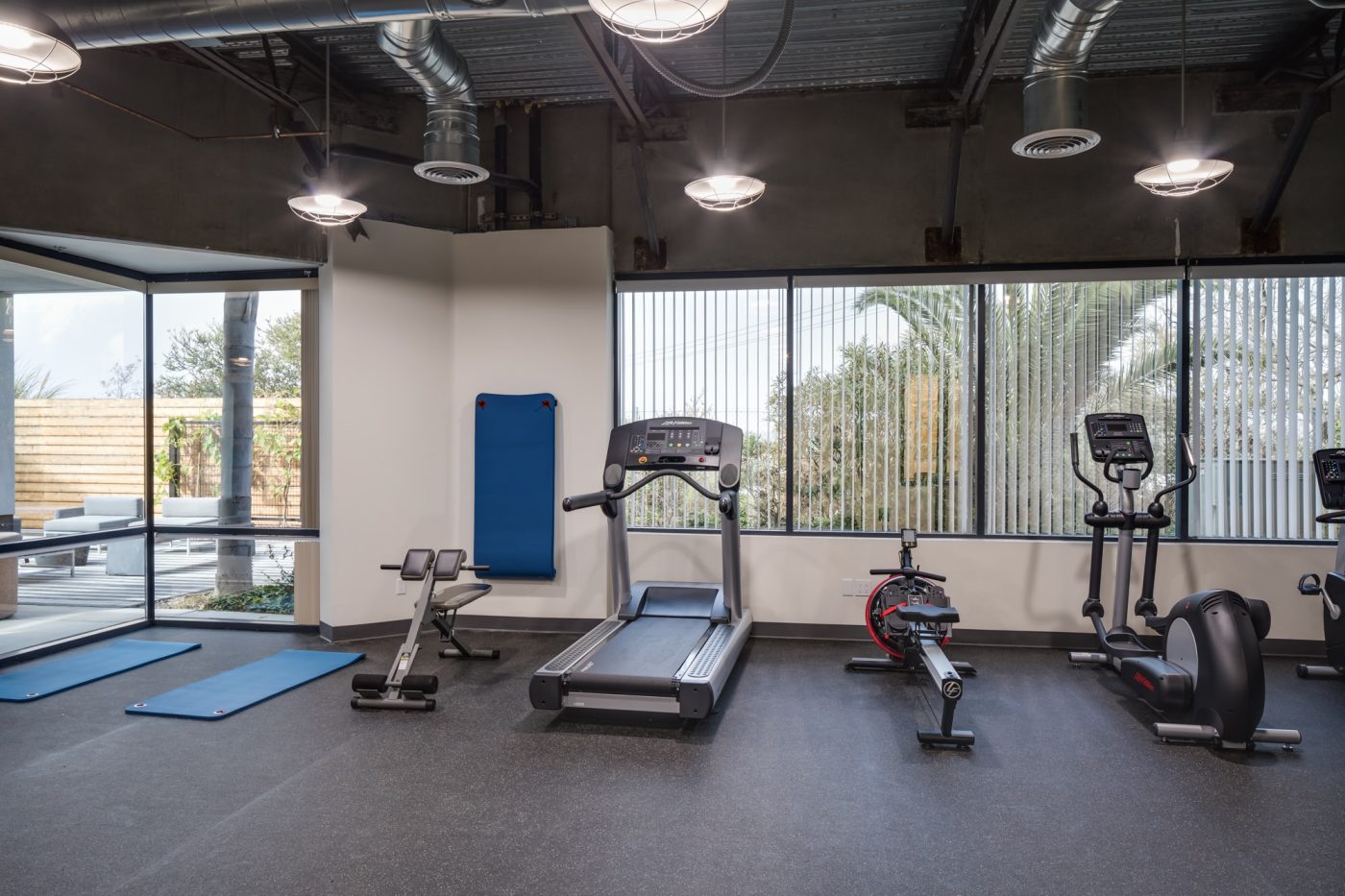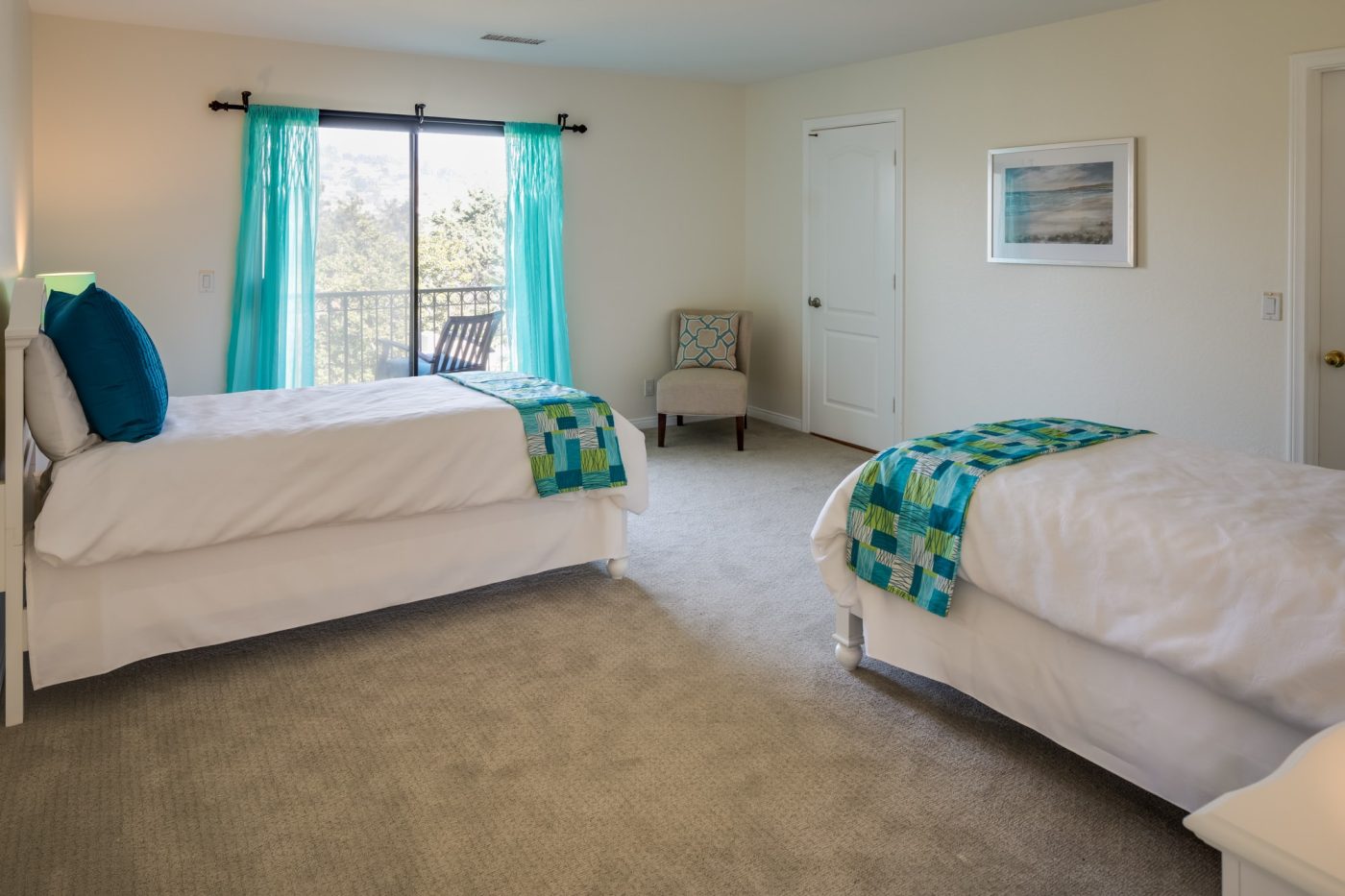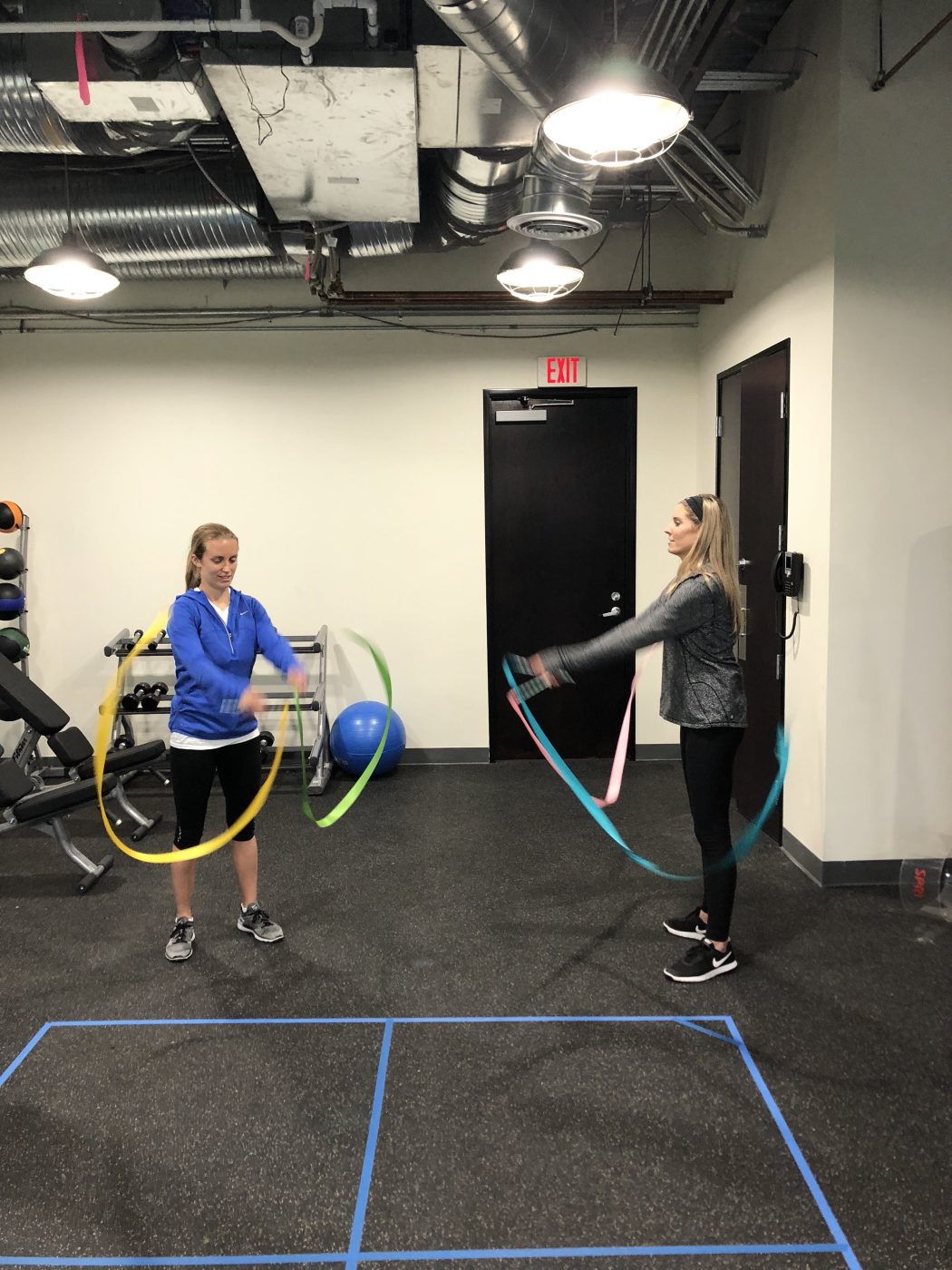Montecatini Outpatient Office
Montecatini provides additional eating disorder support through weekly National Association of Anorexia Nervosa and Associated Disorders (ANAD) support groups. Support groups are an essential part of the healing process and can help ensure lasting recovery.
All support groups are being held virtually for the time being.
Montecatini Support Groups
Alumni Support Group
- Wednesday 5-6 p.m. PST
- Group Facilitator: Dominique Macias, LMFT
- https://meetings.ringcentral.com/j/1469461251
Family & Friends ANAD
- First Wednesday of each month 6-7 p.m. PST
- Group Facilitator: Dominique Macias, LMFT
- https://meetings.ringcentral.com/j/1469461251
Family Wellness Weekly
This talk is designed to help friends and family members navigate the very challenging work of supporting loved ones who are in, or have recently been discharged, from treatment. There is NO cost to participate in this meeting. This is an opportunity that is provided by your loved one’s treatment program. Families and friends are very important to loved ones’ recoveries, and this is an opportunity for you to receive information and support.
- Wednesdays 12 p.m. MST
- Group Facilitator: Vivki L. Loyer
- Click here to join the meeting
- Meeting ID: 232 940 950 496
- Passcode: fZTrpK
Additional Resources
You can find additional ANAD support groups at www.anad.org.
What Is ANAD?
The National Association of Anorexia Nervosa and Associated Disorders (ANAD) is a nonprofit organization that works in the areas of support, awareness, advocacy, referral, education, and prevention. ANAD is the oldest organization aimed at fighting eating disorders in the United States. ANAD assists people who are struggling with eating disorders and also provides resources for families, schools, and the eating disorder community.
How Do ANAD Support Groups Help?
ANAD support groups are a free support service for those who are struggling and loved ones. ANAD support groups provide a space where people can come and be with others who are going through a similar experience or have felt similar feelings. This can be very empowering, especially with how isolating eating disorders can be. Support groups are usually the first step for many to talk about their eating disorder symptoms, or for parents and caregivers to talk about their loved one’s struggles with an eating disorder and any questions or concerns they have.

























